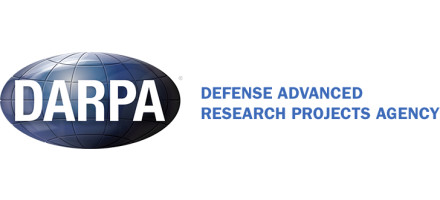Rad-hard project from DARPA aims to speed deployment of reliable space electronics
NewsJuly 17, 2023

ARLINGTON, Va. A new project from the Defense Advanced Research Projects Agency (DARPA) is attempting to help government and industry more quickly and reliably harden space-based microelectronics against damage caused by single-event effects, such as solar flares.
The Advanced Sources for Single-event Effects Radiation Testing (ASSERT) program focuses on assuring that advanced U.S. microelectronics components can operate in harsh radiation environments while maintaining the highest-possible reliability, in large part by integrating radiation testing throughout the design and development life cycle.
According to the ASSERT announcement from DARPA, breakthrough performance will be driven by 3D heterogeneously integrated (3DHI) technologies that stack separately manufactured components, containing different semiconductors and materials, within a single package. Applications that need high reliability include parts used in space, where components are subject to potentially destructive levels of radiation. 3DHI parts -- because they have multiple layers of vertically integrated circuits, complex interconnects, and diverse use of materials -- mean new frontiers in terms of radiation testing and qualification.
ASSERT aims to accelerate the availability of radiation-qualified, state-of-the-art components 10 times faster when compared with current approaches, said a DARPA official: Dr. David K. Abe, program manager for ASSERT, said “Today it takes on the order of five to 10 years to design, fully qualify, and deploy a rad-hard part. If you think about processors from 10 years ago, they are at least four orders of magnitude behind modern computing performance. To speed the time to deployment, the goal is to make radiation testing an integral part of the design, fabrication, and development processes, instead of waiting until the end to do the final testing.”
The ASSERT program aims to develop sources to achieve integration of testing at the factory and lab levels, thereby enabling design and build teams to iteratively improve component design and resilience. Abe stated that under ASSERT, the industry will be able to put advanced electronics into space and onto strategic platforms much faster occurs today, calling that the "mission requirement."






